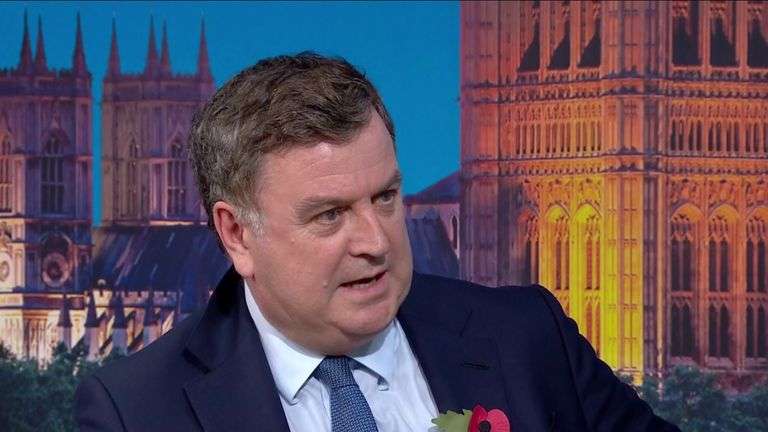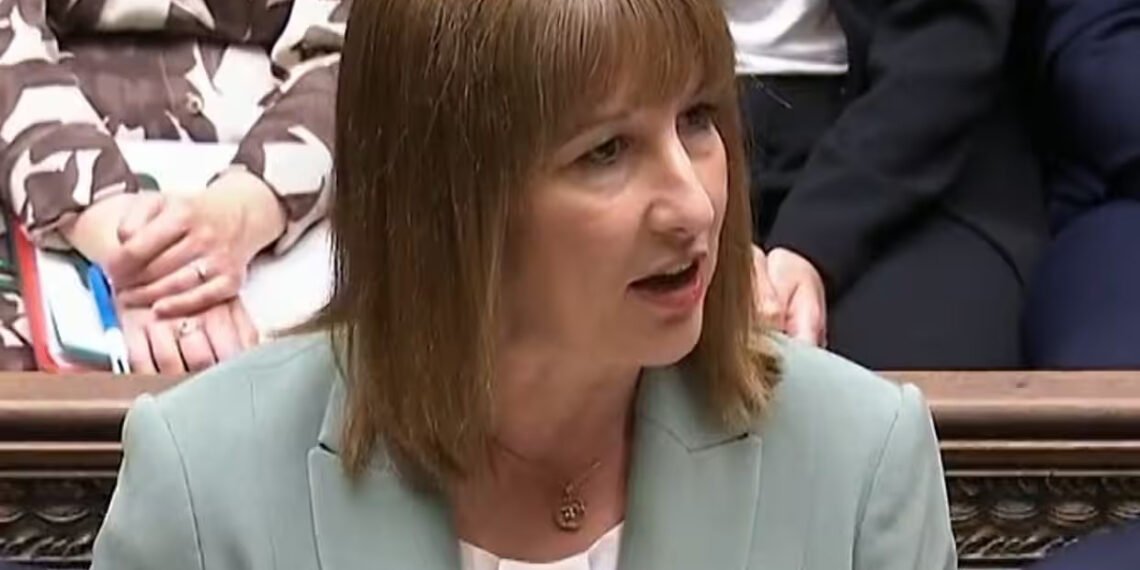Chancellor Rachel Reeves has declined to rule out the possibility of fresh tax hikes in the wake of the government’s abrupt U-turn on its proposed welfare reforms. The reversal, described by Reeves as “damaging”, has intensified pressure on public finances and sparked renewed divisions within the Labour Party.
The controversy erupted after the government scrapped its plan to tighten eligibility for the Personal Independence Payment (PIP), a core disability benefit, in response to fierce backlash from backbench MPs. The abandoned reform had been expected to save up to £5 billion annually. The move came just in time to avoid a major defeat in the House of Commons on Tuesday.
Pressed on how the retreat might impact the Treasury’s fiscal position, Reeves admitted there would be “costs to what happened” and described the challenge of filling the gap as substantial.
Economists have warned that tax rises are likely on the horizon. Ben Zaranko of the Institute for Fiscal Studies (IFS) said that without the projected savings from welfare cuts, the government may be forced to pursue a budget package comparable in scale to last October’s.
“It’s not hard to imagine a world where they are of a ballpark similar scale to last autumn. You could comfortably be into double-figure billions even before you talk about any retail offers. A £20, £30, £40bn Budget is not what the government would want, but it’s not impossible by any means.”
Ben Zaranko
Reports suggest that Reeves told Cabinet ministers on Tuesday, July 1, that there were no more “low-hanging fruit” in terms of tax options and that the situation posed a “big challenge.”
Despite mounting criticism, Reeves stood firm on her position. “It’s been damaging. I’m not going to deny that,” she admitted. However, she stressed that the appointment of Stephen Timms, the respected disability minister, to lead a fresh review marked a responsible path forward.
The setback has reignited calls from Labour’s backbenches for a wealth tax to bolster the Treasury’s finances. Campaign group Patriotic Millionaires has proposed a 2 percent levy on assets above £10 million, arguing it could generate significant revenue.
However, resistance within the Prime Minister’s inner circle may stall the effort. Liz Lloyd, Keir Starmer’s Blairite director of policy delivery, reportedly raised concerns that such a tax could drive wealthy individuals out of the UK. As a result, it is widely believed that Starmer will block any move to implement a wealth tax.
Reeves Refuses To Resign Amid Tory Attacks
Speaking in an interview, Reeves dismissed speculation about her resignation. “I didn’t work that hard to then quit,” she said, reflecting on the political turmoil of the week. She admitted that her decision to attend Prime Minister’s Questions on a difficult day may not have been wise, saying, “In retrospect, I probably wished I hadn’t gone in… [on] a tough day in the office.”
The Conservative opposition swiftly seized the moment to criticize the Chancellor’s handling of the crisis. Shadow Chancellor Sir Mel Stride accused the Labour leadership of economic mismanagement. “Working families across the country are being punished by Keir Starmer’s inability to control his party and the chancellor’s total failure to get a grip of the public finances,” Stride charged.

As Labour attempts to regroup following the welfare policy U-turn, the focus now shifts to whether Reeves and her team can find a credible path forward without resorting to unpopular tax increases that could test the public’s patience and the party’s unity.
READ ALSO: Trump Delivered Big Legislative Win



















